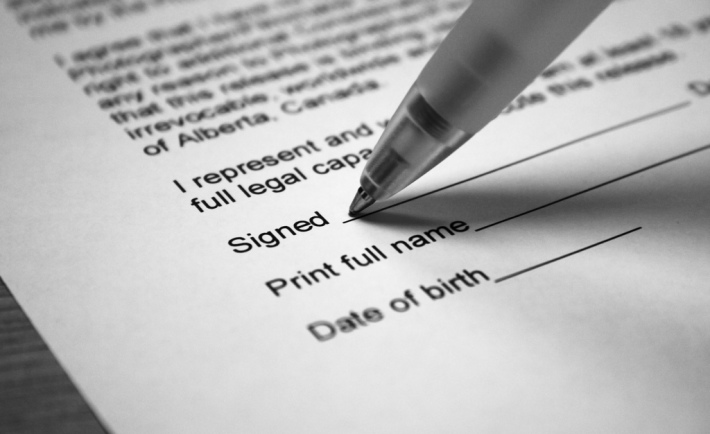
Benjamin Franklin once said nothing in life is certain but only two things are: death and taxes.
In the unlikely event of your death, have you made sufficient planning so that your last wish could be fulfilled? Dying without a will, also known as intestacy, could give your family and loved ones a hard and frustrating time to sort out what you left behind. (I hope you left assets and not debts) Therefore it is crucial to make sure that you have done your estate planning when you are still around and have a sound mind.
In a survey done few years ago, 8 out of 10 Singaporeans do not have a will. This also means that the heirs belonging to this group of the population could face delay and roadblocks in getting a grant of probate from the Court.
If you do not have a will, your assets will be distributed according to the Intestate Succession Act.
The question now is whether you need a will drafted since there is law in place to distribute your assets?
You can answer this by following the checklist below:
1. First, understand the intestacy rules of distribution
There are 9 rules listed in the Intestate Succession Act (Chapter 146). The rules are distributed according to their order.
| Rule | Situation | Distribution of Assets |
|---|---|---|
| 1 | You left behind surviving spouse with no issue (children) and parent | Spouse get 100% |
| 2 | You left behind surviving spouse with children | Spouse get 50% |
| 3 | You left behind surviving spouse with children | Children get 50% |
| 4 | You left behind surviving spouse and parents | Spouse get 50%, Parents get 50% |
| 5 | You left behind no spouse and children | Parents get 100% |
| 6 | You left behind no spouse, children and parents | Siblings get 100% |
| 7 | You left behind no spouse, children, parents and siblings | Grandparents get 100% |
| 8 | You left behind no spouse, children, parents, siblings and grandparents | Uncles and aunts get 100% |
| 9 | You left behind without any next-of-kin, Government get 100% |
2. Ask yourself if you are agreeable to the intestacy law
After going through the list, now you need to decide if the law concur with your wish? There are people who may want to will more or less of their assets to an individual and that is when you don’t have a will, it gets tricky. For example, you may wish to distribute part of your asset to your incapacited sibling but without a will, the intestacy rules may fail to adequately provide for your needy dependant.
3. Do you have someone or an organisation in mind?
You may want to provide for your children from your previous marriage, a good friend or a charity. Without a will drafted, these group of people whom you care about will not be getting anything after you leave this world.
4. Do you have a complex and complicated family?
With the growing complexity of family structure, family relationship can get ugly over the tussle of inheritance. This can be problematic when you do not state your wish in a will. The dispute of the will and probate will likely cause stress and feud amongst your family members. Not to mention, the court and legal fees associated that could easily takes up to 5%-10% of your estate.
5. Do you have any minor children?
What happen to your children should there be no surviving spouse? The law requires the appointment of a guardian or trustee until your child reaches the legal age of 21. This person must be someone you trust to ensure your child’s financial is well taken care of. A will allows more flexibility in the appointment of the right person.
You don’t need a lawyer to draft a will and you can actually pen the will yourself. However, to proceed with caution as small mistakes could end up costing your beneficiary more in the future.




